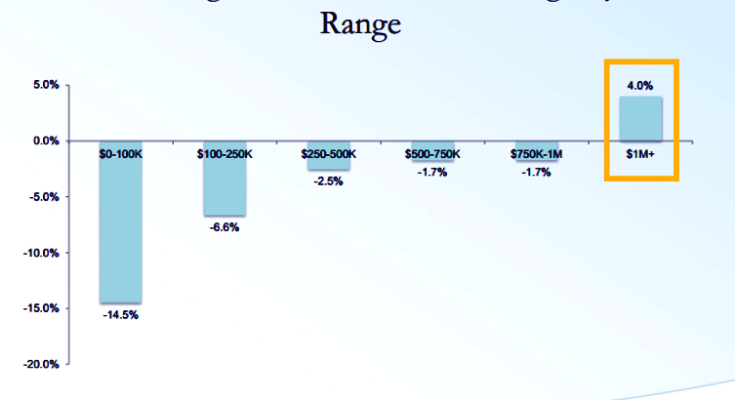“Gentlemen! I too have been a close observer of the doings of the Bank of the United States. I have had men watching you for a long time, and am convinced that you have used the funds of the bank to speculate in the breadstuffs of the country.
When you won, you divided the profits amongst you, and when you lost, you charged it to the bank.
You tell me that if I take the deposits from the bank and annul its charter I shall ruin ten thousand families. That may be true, gentlemen, but that is your sin! Should I let you go on, you will ruin fifty thousand families, and that would be my sin!
You are a den of vipers and thieves. I have determined to rout you out, and by the Eternal, (bringing his fist down on the table) I will rout you out!”
Andrew Jackson, On the Bank of the United States
“…supply-side economics was merely a cover for the trickle-down approach to economic policy — what an older and less elegant generation called the horse-and-sparrow theory: If you feed the horse enough oats, some will pass through to the road for the sparrows.”
Â
John Kenneth Galbraith
Recovery. For some.
I am not sure what is trickling down in this recovery. It is not oats, or wealth.
But I am fairly sure that I know why the recovery is so disjointed and selective. Â
It is one of the oldest stories. It is about the abuse of privilege, of foolish people led in herds shouting slogans crafted by the clever and the unscrupulous, of the treacherous and self-destructive fury of unbridled greed.
It is about the lust for power, the deceptiveness of hubris, the blindness of pride, and the lessons from history that have been carefully and intentionally unlearned. It is about the madness that brings the fire, in hearts and minds of men.
Â
Â

h/t Anthony Sanders, Confounded Interest
Â

